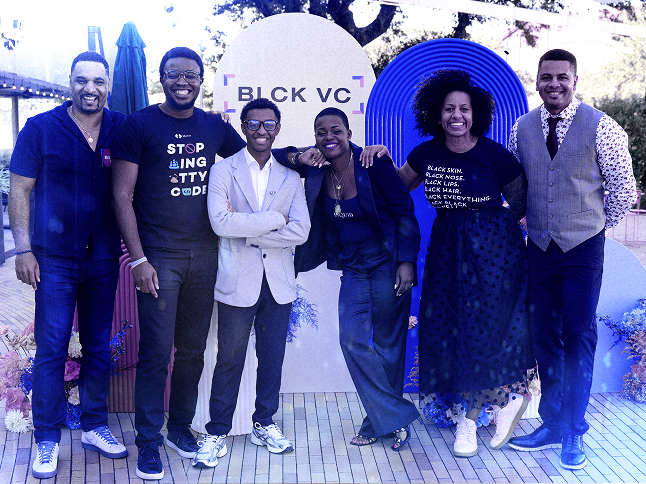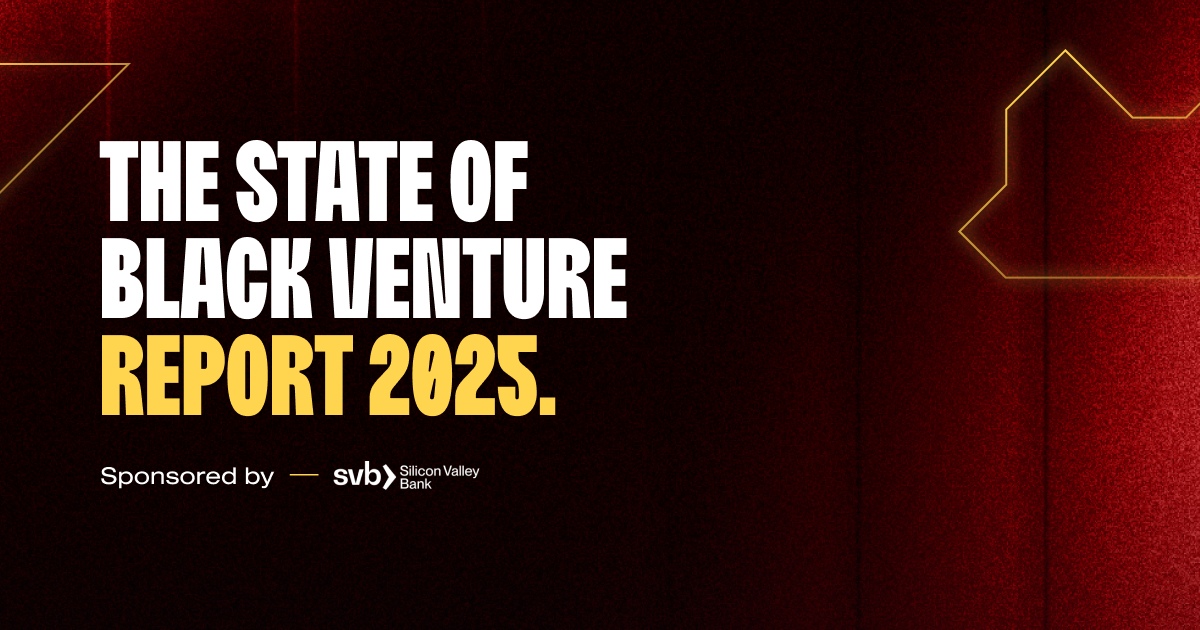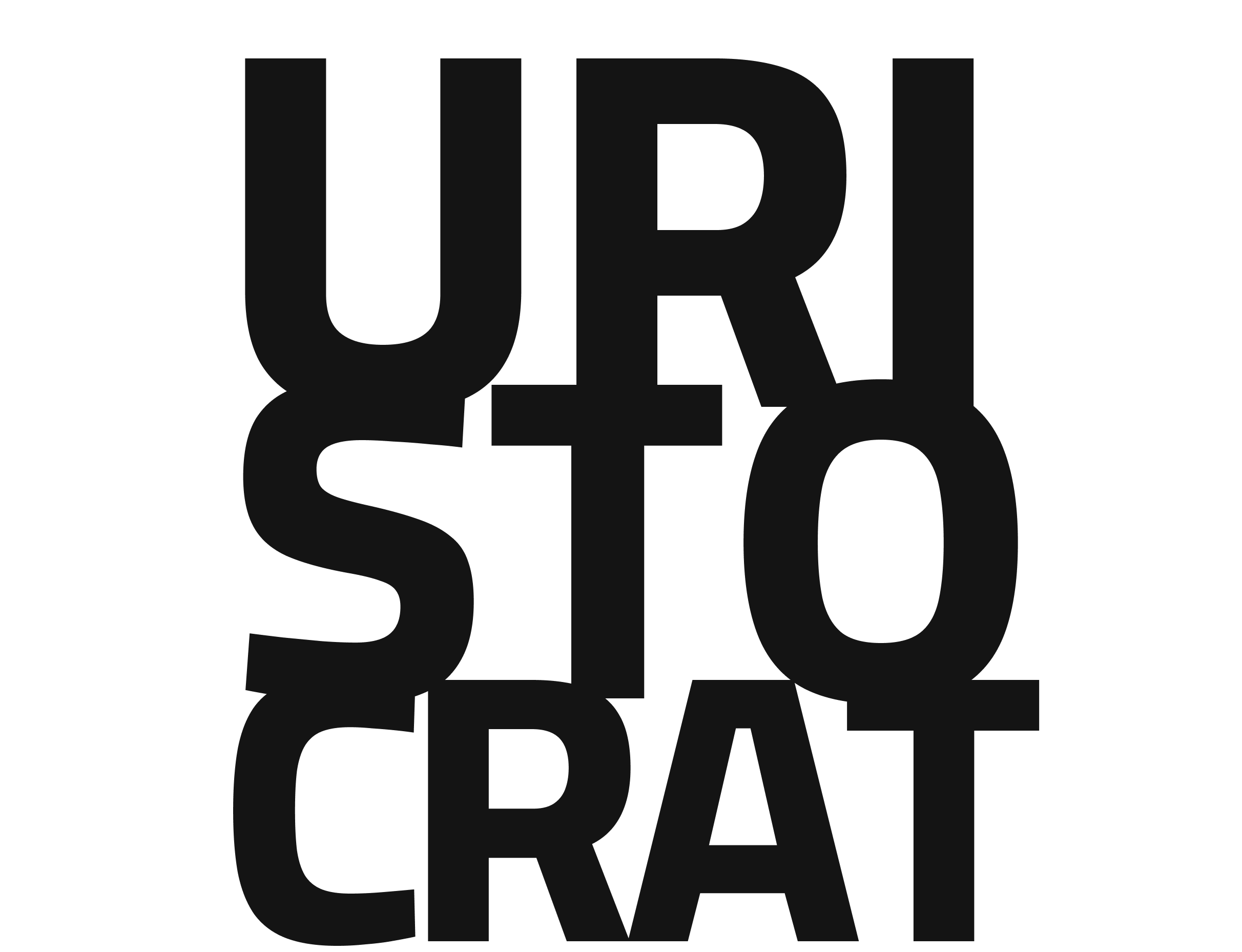The 2025 State of Black Venture Report

The Reality Check: Representation is Declining
BLCK VC's State of Black Venture report is out, and it delivers sobering news for those looking to break into venture capital or raise funding. Only 17% of Black VC professionals received a promotion in the past year, down from 28% in previous years. More concerning? Fewer than 1 in 4 (24%) believed internal promotion was their most viable path forward, down from 57% in previous years.

BLCK VC is the premier nonprofit organization dedicated to empowering Black investors in the U.S. BLCK VC aims to close the racial funding gap through education, community, and data. Members and chapters of BLCK VC are nationally recognized as diverse leaders shaping the industry's future. By mobilizing key influencers in the industry, they drive meaningful change across the VC landscape.
The numbers paint a stark picture: White men account for 58% of all investors and control 93% of VC assets, while Black professionals remain severely underrepresented, especially in senior decision-making roles.
The Pipeline Problem
For aspiring Uristocrats eyeing VC careers, the entry pathway is narrowing. Fewer early-career Black professionals are entering the field, creating a shrinking pipeline that affects both investment opportunities and wealth distribution across communities.
However, there's a notable gender dynamic: Black women were more likely than men to report having been recently promoted (19% vs. 16%) and were also significantly more likely to report having a Black mentor in venture capital, now 50% compared to just 33% of men.
The Tech Advantage: AI Integration
Black investors are leading in tech adoption within VC workflows. Black investors are increasingly integrating generative AI into their investment workflow. Due diligence reported the highest usage at 51%, while competitive analysis had 49%.
This tech-forward approach extends across the investment process: 28% uses Gen AI for portfolio company updates, 23% for deal sourcing, and 21% for risk assessment. For tech-savvy millennials, this presents an opportunity to differentiate through advanced analytical capabilities.
The Diversity Funding Gap
The institutional commitment to diversity is waning. Over 60% of respondents shared that their firm or fund does not currently have any active initiatives or programs aimed at advancing diversity among investors and founders. Only 31% of those surveyed indicated that such initiatives are in place.
This matters for founders seeking funding, as research consistently shows that Black investors exhibit a higher tendency to invest in Black founders, and women and Latinx founders are more likely to receive funding from Black investors.
Strategic Moves for Uristocrats
For Aspiring Investors:
- Leverage AI tools early - it's becoming table stakes, not a differentiator
- Seek mentorship aggressively, particularly from Black investors who understand the landscape
- Consider alternative pathways since Black investors left their firms or launched their own funds to achieve partner status at an increasing rate
For Founders:
- Target Black-led funds and investors who statistically invest more in diverse founders
- Build relationships within BLCK VC's network across major cities
- Understand that traditional funding pathways may require alternative strategies
The Bottom Line
The venture landscape is becoming more challenging for Black professionals despite growing numbers of Black investors. This year, fewer than one in four respondents identified internal promotion as a clear path forward, a sharp decline that signals deeper concerns around how advancement is evaluated and trust is distributed.
For Uristocrats, this means being strategic: leverage technology, build strong networks, consider entrepreneurial paths, and understand that traditional career ladders may not apply. The data shows that community and alternative pathways are increasingly essential for success in this space.
Source: BLCK VC's 2025 State of Black Venture Report, based on survey data from 108 Black VC professionals conducted February-April 2025.





